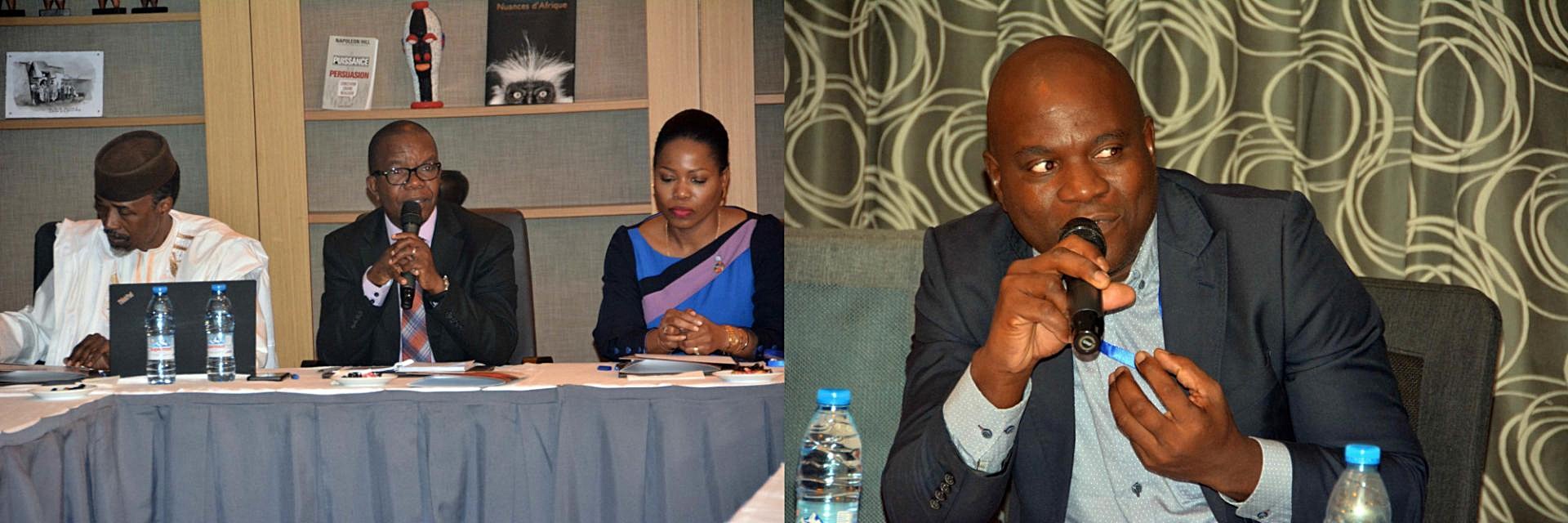In his address at the end of the 47th edition of the Nigeria Annual International Conference and Exhibition (NAICE 2024) in Lagos, Engineer Salahudeen Tahir, the Chairman of the Society of Petroleum Engineers (SPE), highlighted the transformative impact of the $5 billion African Energy Bank on the energy sector in Nigeria and Africa as a whole. He emphasized that the bank would facilitate access to funds for African countries interested in developing their oil and gas sectors.
Tahir stressed the importance of optimizing the petroleum industry value chain, particularly the midstream and downstream sectors. He explained that the midstream sector encompasses the transportation, storage, and wholesale marketing of crude oil and natural gas. On the other hand, the downstream sector focuses on refining crude oil into various petroleum products and distributing them to end consumers.
Without a robust midstream and downstream sector, investments in the upstream become meaningless, and the country’s natural resources remain untapped. Therefore, Tahir emphasized the significance of attracting investments to the upstream by optimizing the midstream and downstream sectors, enhancing operational efficiency across the value chain, and meeting market demands in a cost-effective manner.
He further highlighted the benefits of a well-functioning midstream and downstream sector, including the smooth flow of resources, maximization of the value of hydrocarbons, and the assurance of a reliable supply of petroleum products to consumers.
Tahir also discussed the creation of the African Energy Bank as a response to tightening funding sources in Europe, which prioritize green energy and environmental considerations. To secure future funding for oil and gas projects, African countries are collaborating to establish a bank where oil-producing countries can deposit funds and access financing. He acknowledged the success of institutions like Afrexim Bank in providing financial support for energy projects in Africa.
Regarding the energy mix, Tahir emphasized the need for a diversified approach that includes coal, oil, gas, nuclear, and solar energy. This strategy ensures energy security, as reliance on a single energy source can be unsustainable. He also expressed confidence in the bright future of the oil and gas industry, particularly with the emergence of indigenous companies like Seplat, Aradel, and ND Western.
Tahir emphasized the role of innovation in the energy sector, stating that it plays a crucial part in achieving cleaner, cheaper, and more efficient energy solutions. He highlighted the Society of Petroleum Engineers’ dedication to promoting innovation and supporting young Nigerians in acquiring the necessary skills for the industry.
In conclusion, Tahir asserted that the SPE will continue to engage with government bodies, regulators, and other stakeholders to drive transformation and growth in the energy sector.

